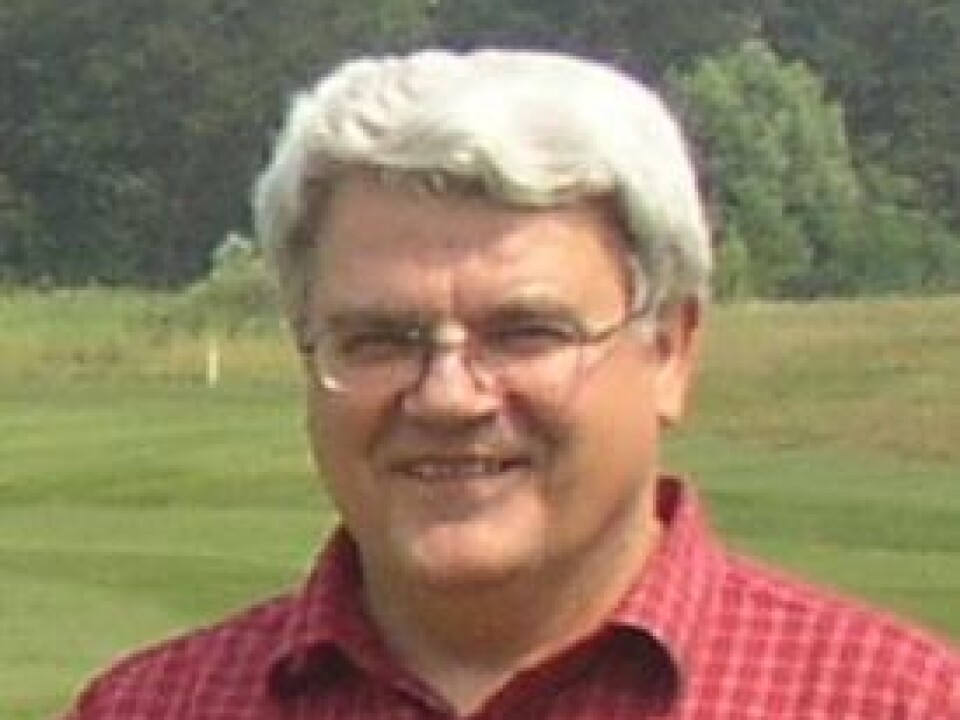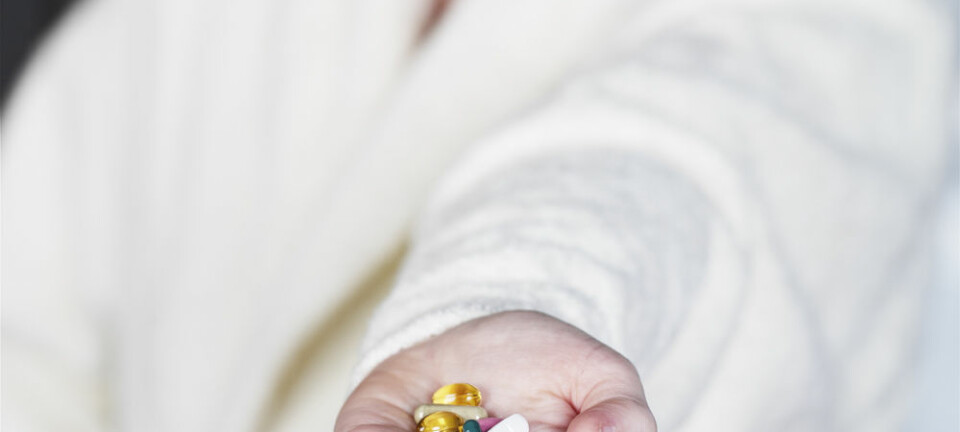
Different tactics in the battle against sex work and drugs
Neither sex work nor drug use can be stopped -- the best authorities can do is reduce or limit both practices. That's the conclusion of a new study which looked at contrasting approaches in Sweden and the Netherlands.
Swedish authorities aim for a society free from drugs and sex work and crack down on both areas with arrests and fines, while the Dutch try to control and regulate markets by allowing both practices in a limited way.
Peter Sarkany at Edutus College in Hungary looked at the income generated from drug sales and sex work in the two countries to assess which policy works best. He found that levels of sex work and drug use have remained unchanged in Sweden, whereas in the Netherlands, trade has increased in both areas.
Sex work in Sweden
Selling sex is legal in Sweden, but the purchase of such services has been illegal since 1999. The idea is to protect sex workers from criminal prosecution while scaring customers away.
A study conducted by the Swedish Statistics Bureau in 2008 found that the rate of sex work dropped substantially after the ban, but levels have since bounced back and today the market is largely the same size as it used to be.

But the law has changed the way sex workers operate.
Many have left street corners, and transactions are more 'hidden' than before. Clients and workers frequently use the Internet, and 'sales pitches' have increased in restaurants, hotels and places of entertainment, at conferences, and on the ferries operating between Sweden and Finland.
The Red Light District
The Dutch capitol is famous for its Red Light District, where sex workers pose behind windows lit by red light. Aside from attracting tourists, who usually limit themselves to window shopping, the liberalisation of sex work in the Netherlands has not yielded the positive effects the authorities had hoped for when they legalised brothels in 2000.
Sarkany says the underlying policy for the regulation of sex work in the Netherlands is that if the trade cannot be stopped, authorities ought to make it “more visible and transparent and thus make it more manageable.”
“The concept is great,” he says, but “the data shows that almost nothing positive has materialised while the problem itself seems to be growing.”
“The magnitude of sexual services is increasing,” he says, adding that organised crime has become too involved with sex work.
The number of prostitutes in the Netherlands is estimated at between 30 000 and 37 000, or about 2.3 percent of the total population – the second highest in Europe, behind Germany. According to the Dutch statistics bureau, there are 11 000 sex workers at work on any given day.
Sarkany writes that when export, import, products, and consumption are taken into account, prostitution added €460 million to the Dutch gross domestic product. This is obviously a lot of money, but it is still less than 1 percent of GDP and Sarkany says his work does not support the notion that the market for sex work is large and profitable enough to have a substantial impact on the economy, as other studies have suggested.
'A drug-free Sweden'
Swedish authorities first put forward their ambitious goal of ridding the country of drug use in 1977.
Today, the income derived from drugs is the largest segment of Sweden's illegal market. It totaled about €231 million in 1997, surpassed €346 million in 1999, and has since fluctuated between €230 and €288 million.
Prices of drugs varied during the same period, and Sarkany points out that the decrease in drug-related income is only partly due to a decrease in consumption. All in all, he says, drug use has not increased a great deal.
“We can look at this as a failure as they did not manage to reduce the use of drugs,” says Sarkany. “But we can also look at it as a success as the situation has actually gotten worse in a number of other countries, whereas the situation is the same in Sweden.”
While Sweden's strict policies on drugs may have halted the growth of the drug market, critics have pointed out that labelling drug users as criminals will scare them away from participating in HIV prevention programmes and other health programmes, which are much needed by drug users who use and sometimes share needles.
Increased drug consumption in the Netherlands
Unlike their Swedish colleagues, the Dutch authorities define drug use as a health problem rather than a criminal problem, and the cornerstone of their policy is that drugs will be bought and sold in regardless of what the law says about it. The state has thus adopted a drug policy that limits the damage caused by the drug use, instead of handing the drug trade over to black market operators.
The income generated by sale of drugs was nearly €2 billion in 2001. Almost 45 percent of this was from cocaine and heroin, while 40 percent was attributed to cannabis.
The number of people who frequently used amphetamines, Ecstasy and cocaine doubled from 1997 to 2001. But interestingly, the number of 'problematic' drug users was constant over the same period.
What works best?
“The Dutch authorities are now making attempts to reduce light drug use as well as combating drug tourism. It seems like the benefits derived from the regulation of the two areas are outweighed by the negatives,” says Sarkany.
Starting this year, cannabis 'coffee shops' are only open to members, who also must be Dutch passport holders. A complete ban on drugs remains unlikely, however.
“There is no universal solution that can be used for all countries,” says Sarkany. “All in all, however, I feel that the Swedish approach seems to be the most effective.”
Reference:
Peter Sarkany, The Strict Swedish vs. the Loose Dutch System for Regulations on Prostitution and Drug Use, Journal of Mathematics and System Science, 2012






